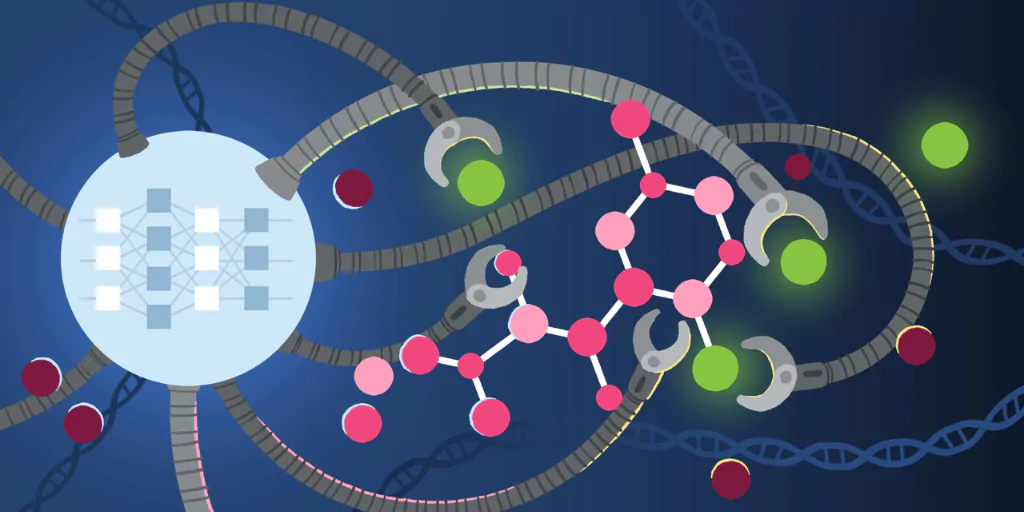Molecular biology is one of the most interesting and rapidly expanding branches of modern science. It studies biological molecules such as DNA, RNA, and proteins and how they interact to govern life processes. Molecular biology, which combines biology, chemistry, and genetics, offers profound insights into how living organisms function at the cellular and molecular levels.
What is molecular biology?
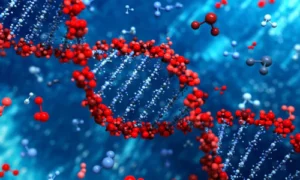
Molecular biology is the field of study that investigates the molecular foundation of biological activity. It explains how genetic information encoded in DNA gets transcribed into RNA and translated into proteins, which are the fundamental building blocks of life.
At its core, molecular biology examines:
- DNA Replication and Repair
- Gene Expression and Regulation
- Protein Synthesis and Function
- Molecular interactions within cells.
History and Evolution of Molecular Biology

Key discoveries from the mid-twentieth century created the groundwork for biotechnology.
- 1953: James Watson and Francis Crick postulated the double-helix structure of DNA.
- In the 1960s, the genetic code was deciphered, which linked DNA sequences to protein synthesis.
- 1980s-2000s: Advances in recombinant DNA technology, PCR, and the Human Genome Project revolutionised science.
CRISPR gene editing, next-generation sequencing, and synthetic biology are all examples of current biotechnology advancements.
Key Techniques in Molecular Biology
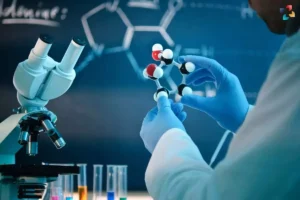
Molecular biologists use advanced tools and methods to analyse molecules:
- Polymerase Chain Reaction (PCR): Amplifies DNA sequences for study.
- Gel Electrophoresis: Separates DNA, RNA, or proteins based on size.
- DNA Sequencing: Determines the exact genetic code.
- CRISPR-Cas9: A revolutionary tool for gene editing.
- Western Blotting & ELISA: Techniques for studying proteins.
Applications of Molecular Biology
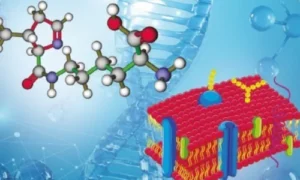
Microbiology has wide-ranging applications that impact our daily lives:
1. Medicine and Healthcare
- Genetic testing for inherited diseases
- Development of vaccines and targeted therapies
- Cancer research and personalised medicine
2. Biotechnology
- Genetically modified crops for better yield
- Industrial enzymes and biofuels
- Cloning and synthetic biology
3. Forensic Science
- DNA fingerprinting for criminal investigations
- Identification of individuals in legal cases
4. Environmental Science
- Microbial studies for pollution control
- Monitoring biodiversity at the molecular level
Future of Molecular Biology
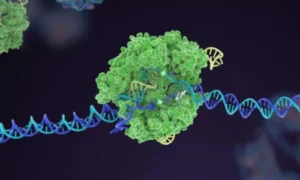
The future of biotechnology is in precision medicine, regenerative medicine, and artificial intelligence-driven research. With advances such as CRISPR gene editing and synthetic genomes, microbiology is expected to transform healthcare, agriculture, and biotechnology in the coming decades.
Conclusion
Molecular biology is more than a scientific field; it holds the key to comprehending life itself. From unravelling the secrets of DNA to producing life-saving medicines, this sector is always pushing the boundaries of science and technology. As science improves, microbiology will remain critical to addressing some of humanity’s most pressing issues.


